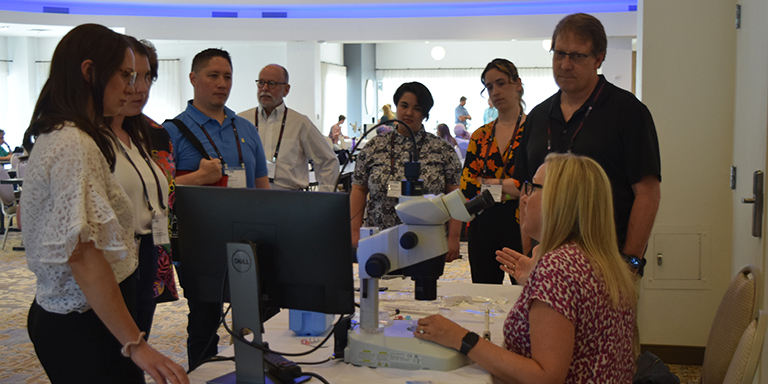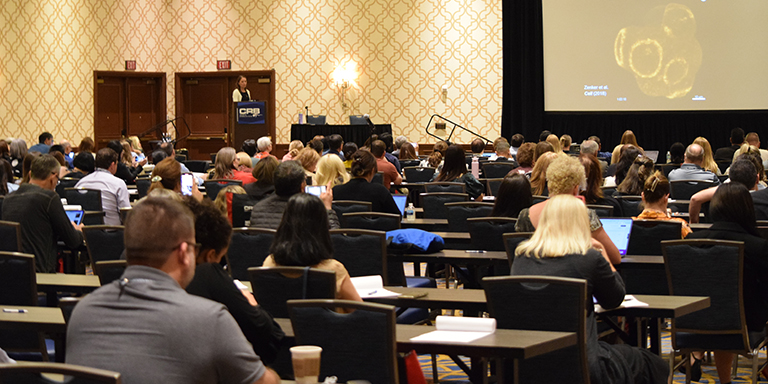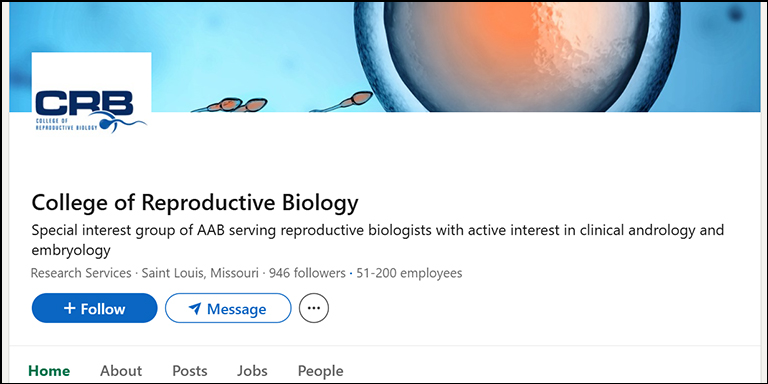Legislative Committee
 |
| Stan Harris, ELD/TS(ABB) |
My Sunday routine has been greatly enhanced now that Downtown Abbey has returned for its fourth season. Like a lot of enthusiasts, I thoroughly enjoy the dichotomy between the “haves” and the “have-nots”, especially as I increasingly appreciate that, despite the spectacle of conflicting cultures, top to bottom their struggles are mostly the same. Themes of honor, duty, and adeptness for each of their lives’ stations can be easily distilled down to one simple principle, unity. As the differences between the classes blur, their reliance on each other never feels more in focus. Then, as I was settling in for my hourly reprieve this past Sunday, I suddenly had an epiphany. The enterprise of ART is not so different from the endeavors of the Crawleys and their servants. We each have a hierarchy with rules and codes that defines our routines, as well as grappling with ever changing paradigms and technology. I’m quite sure Mrs. Patmore must have had the same exacerbation upon learning the kitchen was to be fitted with a new-fangled electric refrigerator, much as I have been left wondering if we will even need trained technologists to perform embryo culture once the time-lapse incubators become self-aware. But seriously, there are significant challenges to our industry, especially the challenge of maintaining a quality workforce full of dedicated and skilled technical professionals.
There are two considerable movements within our industry that demand our attention. We have presented a great deal of material on Personhood, and while that needs constant vigilance, this column will focus on a personnel issue that may potentially change the minimum standards for employment in the ART laboratory and would do so by hiding as a wolf in sheep’s clothing. Licensure bills have been a part of laboratory medicine for many decades. Licensure and certifications go a long way in promoting the messages of competency and comprehension. Sure, the thought of studying for and taking a rigorous examination brings forth a guttural moan from most of us, but the successful completion of this assessment signals to our peers, administrators, and patients that we’ve earned the privilege to chase cryptic sperm long into the night.
But recently in South Carolina the licensure bill HB3489 had been revived in the Health Insurance Subcommittee of the state legislature with the intent to determine if it should go to the floor for a vote. AAB strongly opposed this bill as written when introduced and does so again. This may seem hypocritical considering our position on the relevance of certification and licensure, but the devil is in the details with this bill. HB3489 would require licensure of all laboratory staff performing any non-waived testing performed on humans. However, qualifications for licensure exceed those of CLIA '88. From the bill:
40-48-180 (A) A person is eligible for licensure as a medical laboratory scientist if he applies to the board for this licensure and demonstrates that he:
(1) possesses a baccalaureate degree from a regionally accredited college or university, or an equivalent international degree as certified by a foreign transcript evaluation agency approved by the board;
(2) has acceptable clinical laboratory experience or training to be eligible for certification as a medical laboratory scientist or medical technologist;
(3) has passed a nationally recognized certification examination administered by the American Society for Clinical Pathology Board of Certification, American Medical Technologists, or their respective successor organizations at the medical laboratory science level; and
(4) satisfies continuing education requirements and other continued competency requirements of the certifying organization.
The need to have obtained a baccalaureate degree would unfairly exclude a large number of laboratory professionals who chose to take a two-year vocational path. Additionally, medical laboratory training within the military would be excluded. Both 2-year Associates degrees and Military Training are allowed under CLIA for high complexity testing personnel. The AAB, with the immeasurable help of Drs. Bill Boone and Richard Kordus, successfully spearheaded a campaign to persuade members of the subcommittee to table the bill once more. In doing so, the committee frequently cited concerns brought to the table by AAB as to reasons this legislation was conflicting, unfair, and unnecessary. Similar legislation has been reviewed and tabled in numerous states including Louisiana, Minnesota, Missouri, and others. Many of these bills will sit idle in committee for as long as 4 years with the potential to be revived. Our work is never done!
The bottom line is that licensure shouldn’t be a divisive method to keep otherwise trained, competent laboratorians from seeking employment in their field of choice by excluding them based on unfair standards in conflict with CLIA '88, or by excluding modes of certification by competing Boards who have historically demonstrated a rigorous level of vetting and comprehension assessment. Licensure is a celebration of accomplishment, and we need to champion that tradition. It is each of our responsibility to remain apprised of licensure issues as they arise in each of our states and notify the AAB or CRB.
In other news, the LegCom has happily added yet one more member to the ranks. The members of the LegCom would like to welcome its newest member, Dr. Melanie Clemmer. Dr. Clemmer brings a great deal of energy and experience to the committee and has been very active helping the LegCom break down a compendium of HIV and other infectious disease discordancy laws by state, as well as volunteering to host a round table at the CRB annual meeting on establishing regulatory surveillance practices in your own lab. Look for it during registration. Thanks for all the help Melanie.
The LegCom strives to keep you informed of emerging regulatory issues. Help us help you. Please feel free to contact the LegCom through the CRB at crb-aab@aab.org and to the attention of the LegCom, or feel free to contact the Chair directly at Stanley.Harris@nmhs.org should you wish to inform us of regulatory concerns. On behalf of David Battaglia, Marlane Angle, Dara Berger, Melanie Clemmer, and Barbara Timm, I would like to thank the CRB, and the Executive Board for guidance and support.
Stanley Harris, ELD/TS(ABB)
Chair, CRB LegCom
CRB News Articles
02/19/2014
From the President
02/19/2014
Meeting Committee
02/19/2014
Legislative Committee
02/19/2014
Membership and Credentialing Committee
02/19/2014
Report: 69th ASRM Annual Meeting
02/03/2014
Rule Released for Patient Access to Laboratory Test Reports
Call for Abstracts - Deadline March 10
A&E Review Course - March 21-23
Trophectoderm Workshop - May 13 & 14
2014 CRB Symposium - May 15-17
CRB Standing Rules - Log in to view



